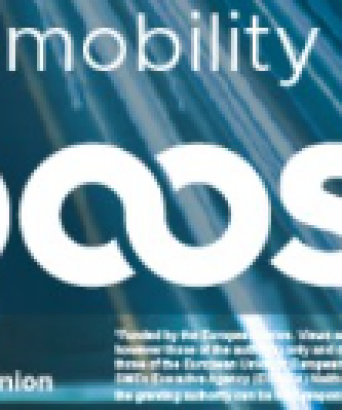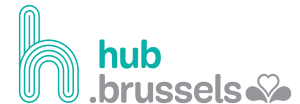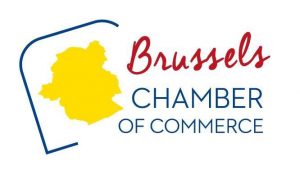The Commission in preparing an initiative on Quality Traineeships with the aim of updating the 2014 Recommendation on a Quality Framework for Traineeships (QFT) – which includes current quality standards for traineeships. It recommends that Member States improve the quality of traineeships, particularly in terms of content and working conditions, to make it easier for people to move from education, unemployment, or inactivity to work. The recommendation also outlines how the Commission supports Member States’ action through EU funds, the exchange of good practices, and monitoring.
In January 2023 the Commission evaluated the current recommendation, concluding that there is room for improvement in several areas, such as by including access to remuneration and social protection.
SMEs are an important stakeholder for this initiative, and therefore the Commission is looking to collect evidence from SMEs on:
• the main characteristics of traineeships in SMEs, and related business practices
• the costs and benefits of traineeships for SMEs
• the support made available to SMEs to offer quality traineeships.
The Commission is particularly keen to gather data from SMEs:
- which are offering of offered traineeships during the past 5 years, as well as
- which did not offer traineeships (and why)
- from all sectors
- from all Member States
What is the Quality Framework for Traineeships?
The Quality Framework for Traineeships is a recommendation for Member States to put into practice conditions to ensure high-quality learning and adequate working conditions for trainees. It sets out 21 quality principles, including on concluding a written agreement, defining learning and training objectives, working conditions, rights and obligations, reasonable duration, recognition of skills and competences, and on cross-border traineeships.
Why is the Commission preparing a new initiative?
The Commission has recently carried out an evaluation of the Quality Framework for Traineeships, which brought to light a number of areas that could be reinforced. In addition, certain stakeholders, in particular young people, have asked the Commission to strengthen the current recommendation, such as by including access to remuneration and social protection.
What are traineeships?
For the purposes of this questionnaire, a traineeship can be understood as “a limited period of work practice, whether paid or not, which includes a learning and training component, undertaken in order to gain practical and professional experience with a view to improving employability and facilitating transition to regular employment.”
Please note also that traineeships are different from apprenticeships, which are formal vocational education and training schemes that combine learning in education or training institutions with substantial work-based learning, and lead to nationally recognised qualifications.
The Commission would like to collect evidence on the following aspects:
- The main characteristics of traineeships in SMEs, and related business practices
- The costs and benefits of traineeships in SMEs
- Support for SMEs to offer quality traineeships
Participate to the survey. Your contribution counts.
N.B. Please note that Brussels companies can use the ID code BE00052 for the following question: “Please enter the 7-digit ID Code of the Enterprise Europe Network (EEN) member who sent you this questionnaire”.





